Your peaceful retreat might be hiding real risks
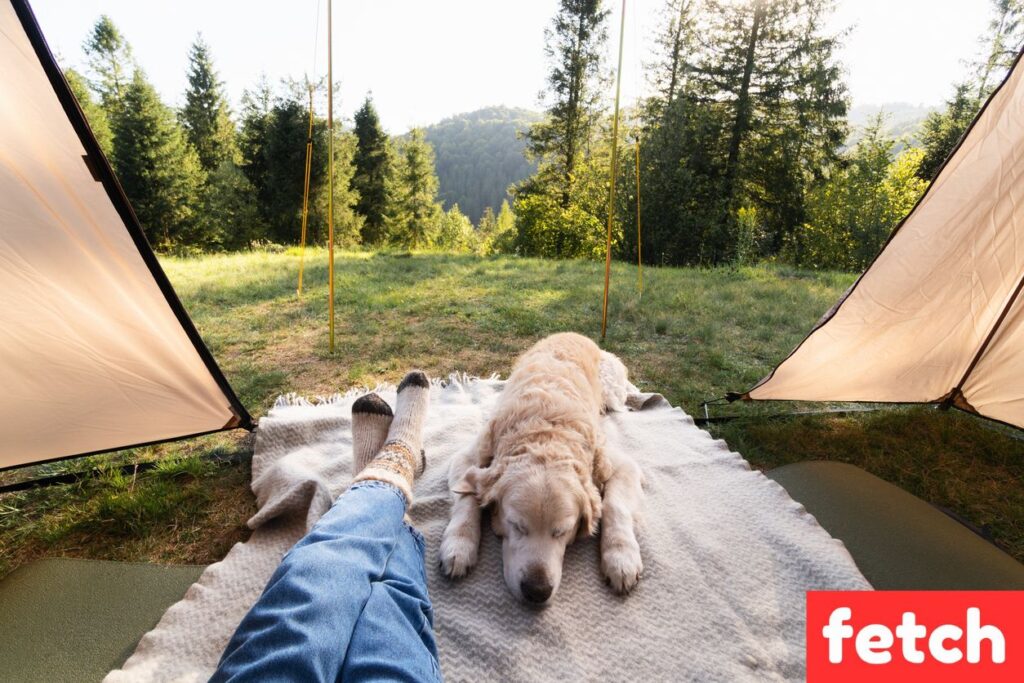
You might think your backyard is the perfect summer escape, but it could be hiding some seriously unexpected health and safety risks. From tiny bugs with big consequences to overlooked fire hazards, what you don’t know could hurt you. So, before you kick back with that iced tea, here’s what you should really be looking out for.
1. Ticks Carrying Lyme Disease
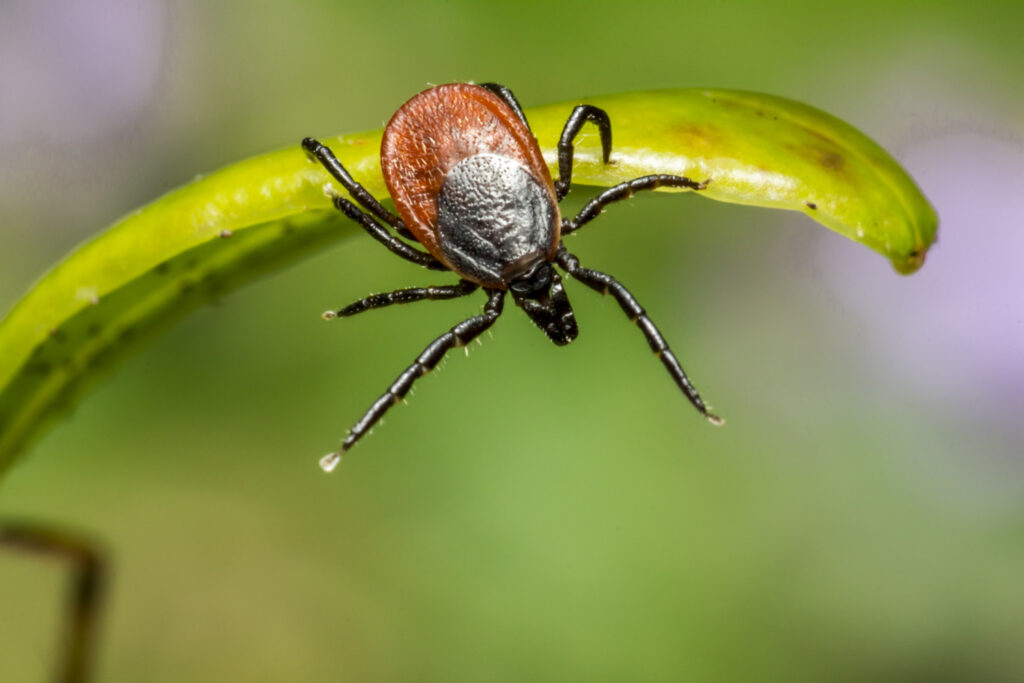
It’s not just about itchy bites. Ticks can transmit Lyme disease, which causes joint pain, fatigue, and even neurological issues. These pests hide in tall grass, shady areas, and leaf piles, waiting to latch onto your skin. The CDC reports a significant increase in Lyme cases, especially during the warmer months. Simple prevention like mowing regularly and using insect repellent can lower your risk. Still, a daily tick check is your best summer safety habit.
2. Hidden Mold in Patio Cushions
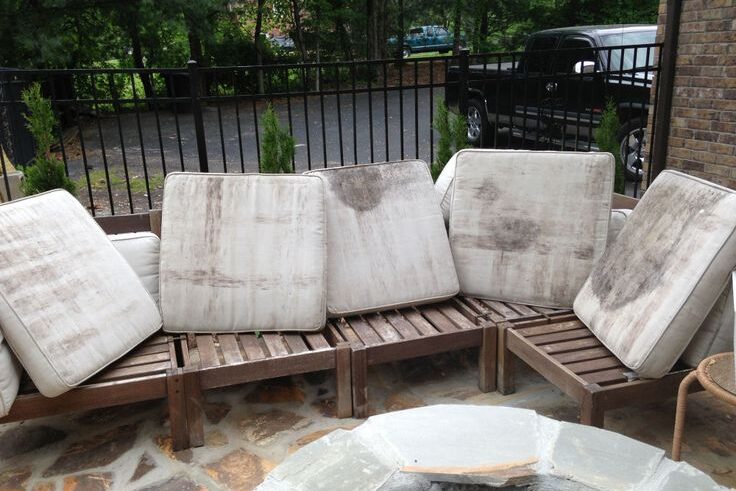
That musty smell from your outdoor furniture might be more than just “summer funk.” Mold loves damp, shaded areas, and your patio cushions could be breeding it without you knowing. Inhaling mold spores can trigger allergies, asthma attacks, and respiratory issues, especially in older adults. The EPA warns about hidden mold indoors and out. To avoid it, store cushions in dry places and clean with a vinegar solution regularly.
3. Mosquitoes and West Nile Virus
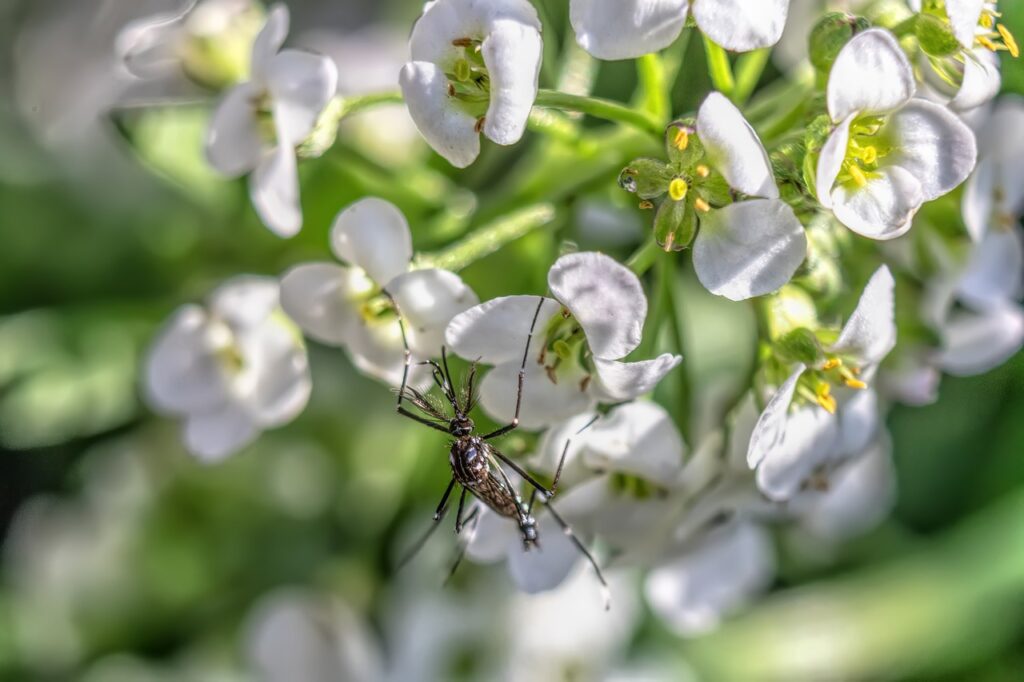
That annoying buzz isn’t just a nuisance. It could mean danger. Mosquitoes thrive in standing water and are known carriers of West Nile virus, which can lead to fever, headaches, and in severe cases, neurological damage. Older adults are particularly at risk. According to the CDC, prevention includes eliminating water in birdbaths, clogged gutters, and plant saucers. And yes, wearing long sleeves at dusk is still a solid strategy.
4. Toxic Plants Like Poison Ivy

You don’t have to hike in the woods to run into poison ivy. It could be sprouting unnoticed along your backyard fence. This innocent-looking plant causes itchy, blistering rashes that can last weeks. According to the American Skin Association, the rash comes from urushiol, an oil in the leaves and stems. Learn to spot it (three shiny leaves is a red flag) and pull it out carefully with gloves.
5. Fire Hazards from Dry Landscaping
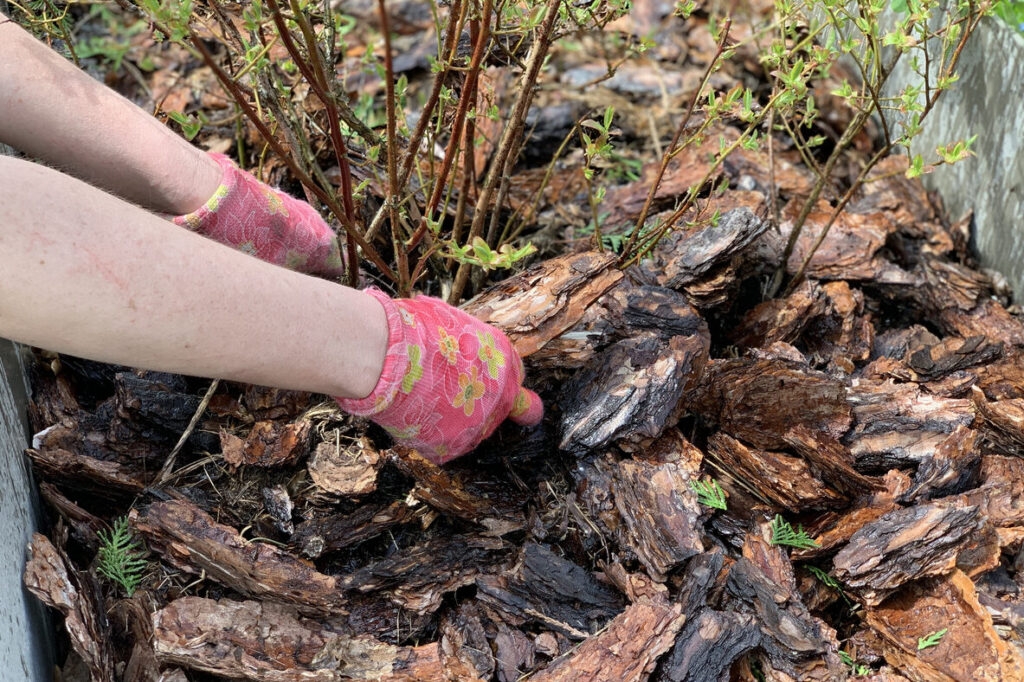
That beautiful dry mulch you just laid down could ignite faster than you think. In hot, dry conditions, mulch, wood chips, or dried grass can catch fire from something as small as a tossed cigarette or a spark from a grill. The National Fire Protection Association advises keeping grills, fire pits, and outdoor lighting away from dry landscaping. And always water your garden before a heatwave.
6. Grills That Haven’t Been Cleaned Properly
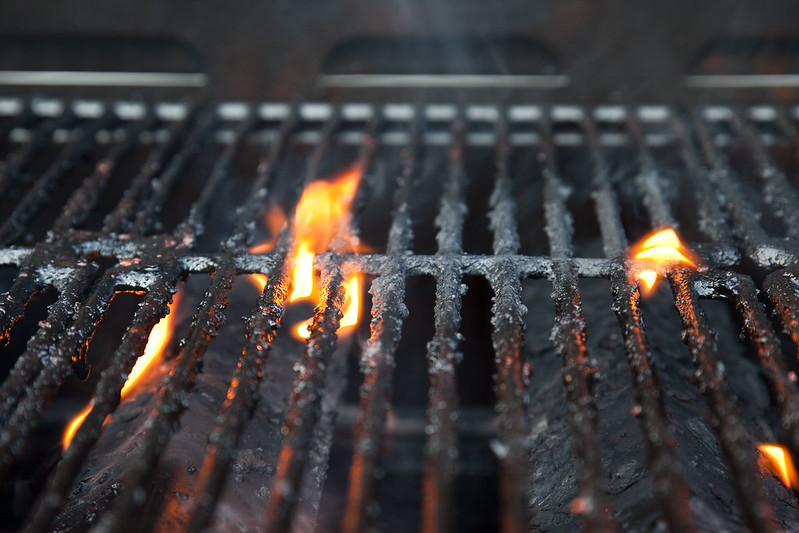
A greasy grill isn’t just gross. It’s a major fire hazard. Leftover grease and food bits can ignite and cause flare-ups, which could easily spread to nearby furniture or dry grass. Dirty grills also breed bacteria like E. coli and salmonella, putting your burgers and your health at risk. Make grill cleaning a weekly ritual in summer and check gas connections before every use.
7. Pools with Poorly Balanced Chemicals
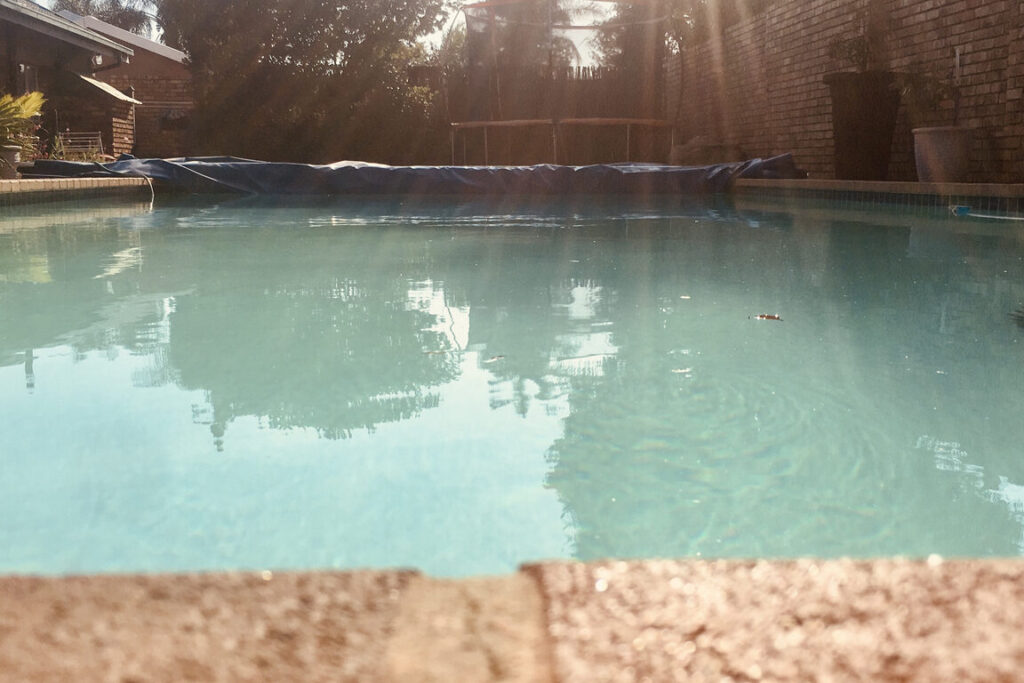
Backyard pools are fun until they become a breeding ground for bacteria or cause skin and eye irritation. When pool chemicals like chlorine and pH aren’t balanced correctly, they can do more harm than good. According to pool safety experts, too little chlorine invites algae, while too much can lead to chemical burns. Use testing kits weekly and keep your pool covered when not in use to maintain balance.
8. Garden Tools Left in the Grass
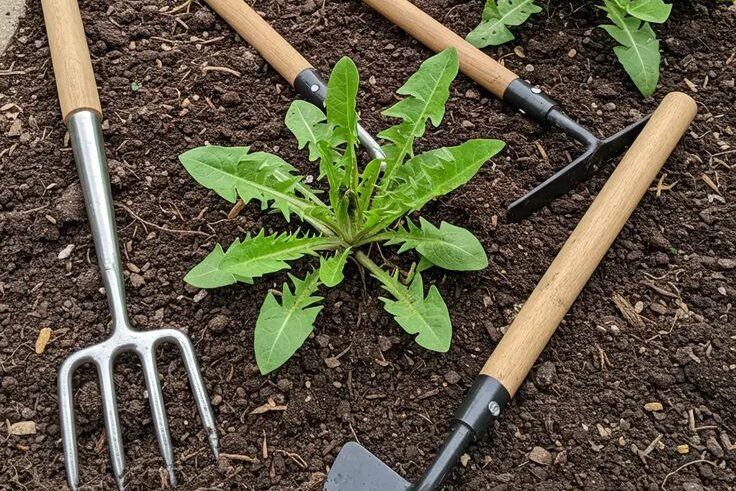
That innocent rake or garden shear lying in the yard could be a painful accident waiting to happen. Backyard tools left out can cause tripping, puncture wounds, or even serious injuries if stepped on barefoot. Make it a habit to return tools to a shed or garage after use. Not only does this prevent injuries, but it also protects your equipment from rust and wear.
9. Unsecured Trampolines and Playsets
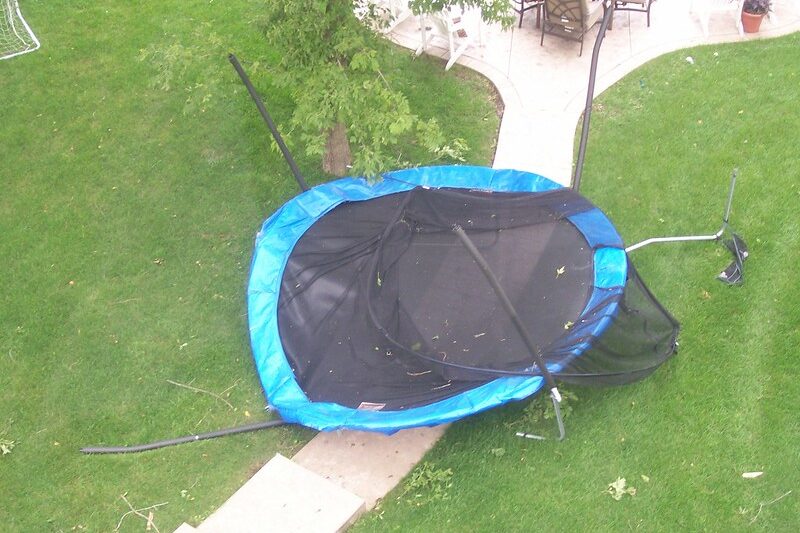
If summer storms roll through, unsecured trampolines can become airborne hazards. Even on calm days, loose bolts or worn-out nets on playsets can lead to dangerous falls. Safety experts recommend anchoring trampolines to the ground and checking all playground equipment weekly for signs of wear or instability. It’s about fun, but it’s also about peace of mind when your kids are out playing.
10. Overgrown Shrubs Inviting Pests
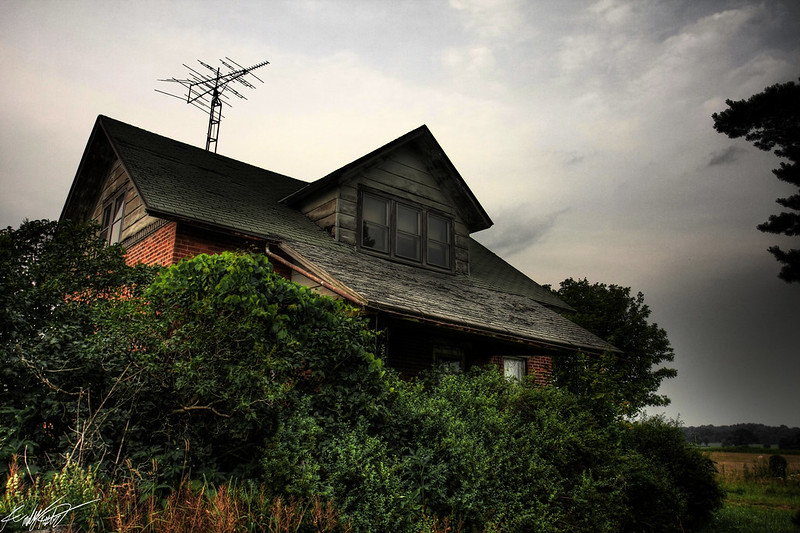
Snakes, mice, and other critters love hiding in tall grass and overgrown shrubs. These shaded areas give them shelter from predators and heat, right next to your home. Trimming bushes and keeping grass short not only makes your yard look better but keeps it safer. Experts say keeping vegetation at least 2 feet away from your house reduces pest entry points significantly.
11. Barbecue Smoke and Lung Irritants
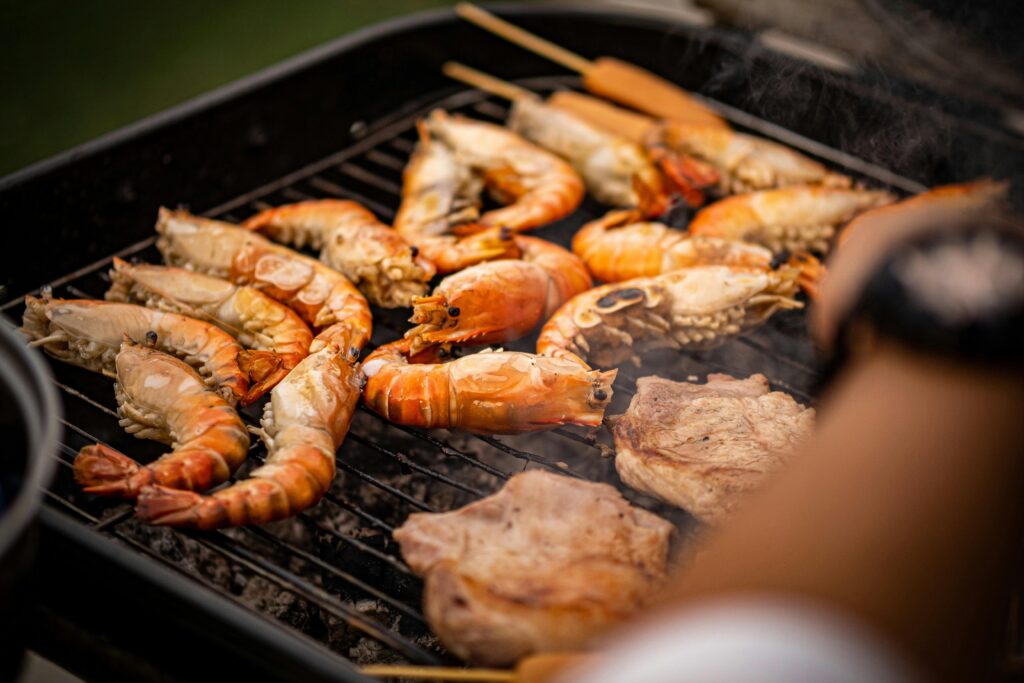
The smell of grilled food is a summer favorite, but barbecue smoke can contain chemicals like carbon monoxide and formaldehyde. Inhaling it over time, especially in enclosed spaces like patios or balconies, can irritate your lungs and worsen asthma. Keep grills well-ventilated and avoid using lighter fluid excessively. Your lungs (and your neighbors) will thank you.
12. DIY Pesticides That Backfire
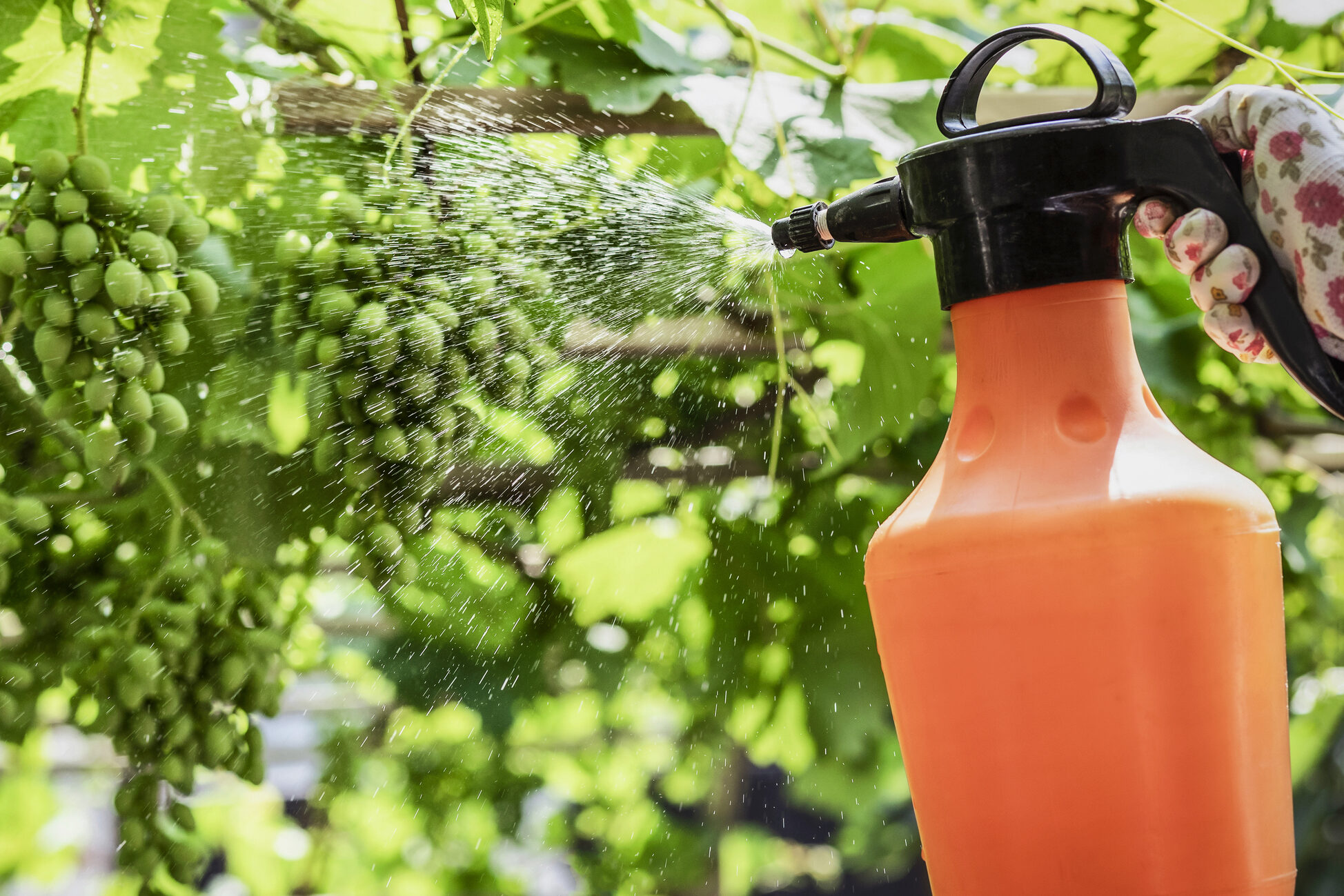
It might be tempting to go full DIY on your pest control, but mixing chemicals without proper knowledge can create harmful fumes or contaminate your soil. Some homemade pesticides with essential oils and vinegar may not be strong enough to deter serious infestations either. Stick with EPA-approved products or consult a professional if the problem persists. It’s worth the extra peace of mind.
What surprising backyard danger caught you off guard the most? Share this with someone who could use a summer safety check, and don’t forget to walk your yard with fresh eyes this season. You might just prevent the next big oops.


